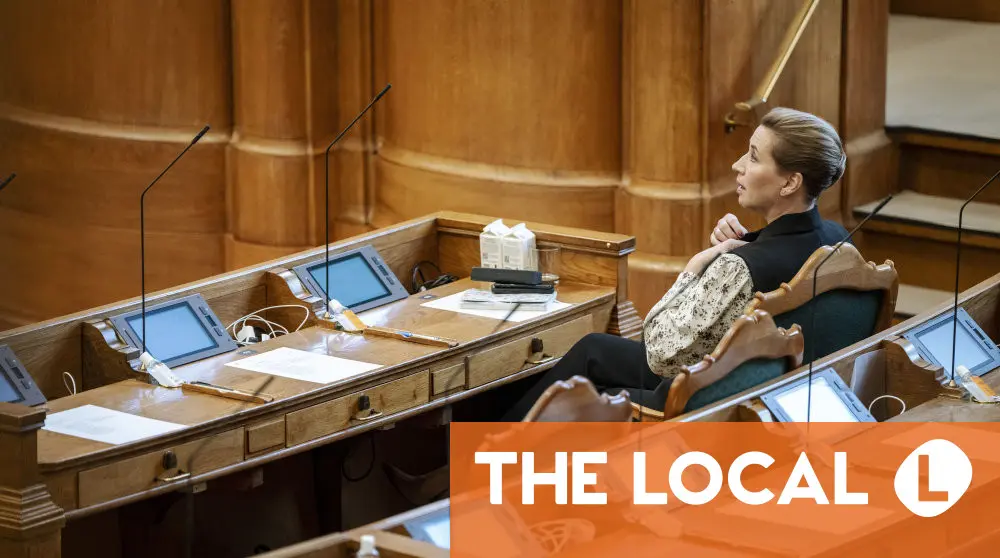Our weekly column Inside Denmark takes a closer look at some of the stories we’ve been talking about over the last seven days. This week, why a 2021 political scandal has resurfaced and its implications for Prime Minister Mette Frederiksen.
The 2021 ‘SMS scandal’ is again posing the PM difficult questions
In late 2020, the Social Democratic minority government led by Prime Minister Mette Frederiksen issued an order for all fur farm minks in the country to be euthanised and for the farms to be temporarily closed down.
The decision was taken amid concerns that a Covid-19 variant detected in the animals could be contagious to humans and worsen the pandemic, which was already raging at the time.
But it proved to be one of the biggest crises Frederiksen has faced as prime minister.
The order to kill the minks and shut down the fur farms was found to be illegal, and huge sums in compensation were eventually awarded to the farm owners.
The saga raised further controversy over ministerial practice relating to the storage of text messages sent from official devices.
Texts sent from the phones of high ranking officials including Frederiksen had an automatic delete function, it was found, and so important communications which could have shed light on what happened were lost. Attempts to recover the deleted texts through technical means were ultimately unsuccessful.
READ ALSO: Why are Danish PM Frederiksen’s deleted mink texts causing controversy?
An independent inquiry, which was concluded in 2022, found fault with Frederiksen, who, it says, made “grossly misleading” statements about the legal basis of the mink cull at a November 2020 press conference.
The commission also said that Frederiksen “did not have knowledge about or the intention of” misleading, meaning she was not aware that the legal basis for the decision was not in place.
The practice of setting ministerial texts to auto-delete has since been changed, but the government’s level of public trust was severely damaged by the entire episode.
Advertisement
So why is this coming back to the fore, five years after minks were put down at the height of the pandemic?
Two newspapers, BT and Berlingske, this week reported that an information request had shown that the military intelligence agency, FE, knew a method that may have made it possible to recover the lost texts after all.
This was communicated to the government at the time by the Centre for Cybersecurity, according to the reports.
The method would have required the devices having been tethered to a computer at some point, in other words data sharing between the device and the computer.
The Justice Ministry this week issued a statement denying wrongdoing and stating that the method would not have been applicable because “the relevant phones, and similar devices, had not been connected to a PC or Mac in a way that could have resulted in messages being stored on them.”
Frederiksen initially declined to comment on the story, which saw the return of a topic she presumably hoped had been consigned to history.
But in her closing comments during parliament’s opening debate during which she was repeatedly asked about it, she said “every bit of material possible” had been handed over by her office.
Advertisement
“This was done with the clear expectation that everything possible would be done to recover the text messages,” she said.
She also appeared frustrated, saying that regardless of any comments by the authorities, the “accusations and raising of suspicions apparently never end.”
“They just go on and on,” she said in reference to right wing opposition parties which have called for the matter to be looked into again, and have often criticised the PM over it in the past.
“I don’t want it to be said that I covered up anything. That isn’t true, and repeating it over and over doesn’t make it true,” she continued, adding “no matter what I say, it makes no impression on the blue [conservative, ed.] opposition.”
The issue is back on the table for now at least, with Frederiksen and Justice Minister Peter Hummelgaard set to answer questions on it in an October 22nd parliamentary session which has been called by opposition parties in response to the new reports.
